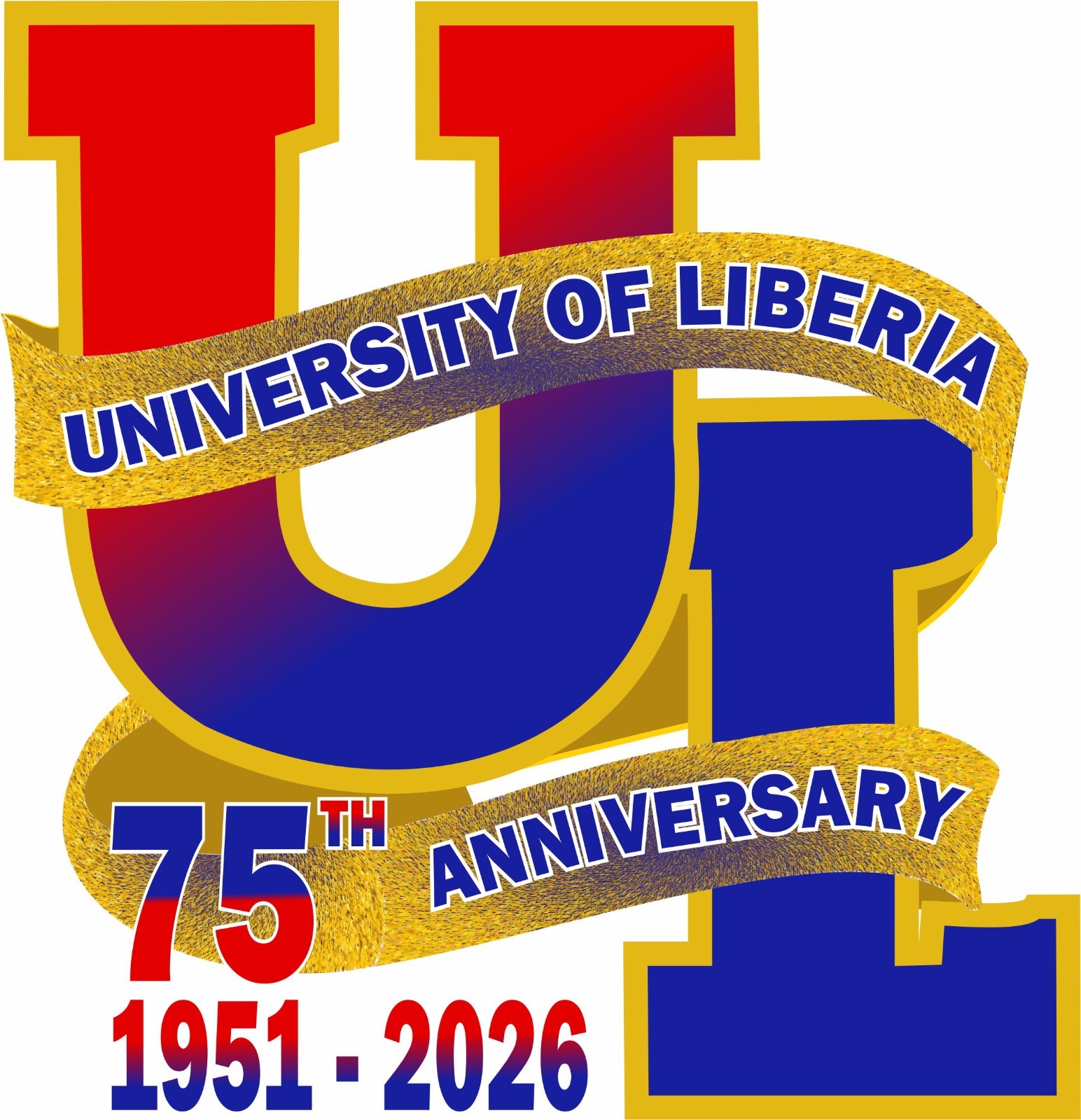Education, Especially Tertiary, Will Change as the GoL Gravitates Toward e-Learning, During this New Reality of Social Distancing
By Dr. Darren Wilkins | Culled from Daily Observer
I feel for students who are not in school today because of the CORVID19. It reminds me of those years when we had to “sit-out” school, because the University was not open or was open and things were not running normally. Yet, today it is different; we have the INTERNET and its accompanying technologies which give us options; options to self-learn or options to take classes and garner our education or degrees online, regardless of geographical latitude or longitude. Today, I write the about “NEW REALITY” or the “NEW NORMAL” in EDUCATION. Before I do that, let me share with you a short chapter of my life.
I had planned on obtaining a doctorate degree at age 28. I was an honor student in high school and things seemed very promising for me to achieve my goals. I graduated high school at age 18 and enrolled at the University of Liberia right after graduation. I could have graduated high school younger than 18, but my late father wasn’t a believer of “double promotion”. So, I had to go through high school the “normal” way; completing every grade (K-12) along the way.
And then, the civil war came and decimated my dreams. The University closed and even when it opened subsequently, there were many challenges. So, I left Liberia and went to the United States of America. I would obtain my first three Associates degrees in 1999 and a bachelor’s degree 2001. Years later, I would add three masters and a doctorate degree; but at an age way older than 28; not as I had planned my life. A “pyrrhic” victory though!!! Yet, I remain grateful to my employers for footing the bills.
I would later return to Liberia with a total of eight degrees obtained while attending school full time and working full time (You know how difficult that is). Would have I achieved that while in Liberia? NO! Can anyone else achieve the same in Liberia? No! Any individual with aspirations and determination could achieve what I achieved (Full-time school and full-time work) in the USA, because of the opportunities available in the USA, but not in Liberia. So what is the point of this “story”? Read on!
In Liberia there are multiple challenges facing individuals. To work full-time and attend school full-time is not only a challenge but impossible. The learning conditions in Liberia are tougher than those in western countries. There are little or no resources (financial, technological and pedagogical) in Liberia, as there are in the USA or many other western countries. Furthermore, due to what seemed to be other pressing matters or priorities, universities in Liberia saw Information and Communications Technology (ICT) as cost if not an afterthought.
Also, there are few institutions that offer night classes; and few or NO institutions that have libraries opened late; and none of them offered classes online (before COVID-19). We do not have a national library and more importantly, we lack the bare minimum (electricity, computing devices, and the internet), required in a modern day teaching and learning environment.
Tertiary education could have been faced with the same post-war experiences where students had to stay home while years passed them by, because we delayed or downplayed the integration of modern technologies into our education system. This is why those of us who experienced the post-war “ordeal” and were blessed to benefit from Western education must always be a part of the solutions to Liberia’s problems, and not the problem to Liberian’s solutions.
Now, COVID-19 has FORCED us toward a paradigm shift that is forcing us to work expeditiously and assiduously to leapfrog our education and health systems to meet the standards of the 21st century. The good thing is, Liberia as a nation has made some progress in ICTs and our digital transformation should not be as challenging as it was a few years ago. Why? Continue reading!
Years ago, when we experienced the EBOLA virus, we were caught with our pants down. Fortunately, when EBOLA “left” we managed to make some progress in building our ICT infrastructure. We benefitted from the President Obama’s “$1bn Ebola funds” and made some improvements to our network infrastructure. Today we have the CSquared-built fiber optic metro network, and our ISPs and MNOs have improved (some of them) their networks. And, lest I forget, fiber optic/high-speed internet made it to the Fendall campus of the University of Liberia, before LEC (electricity) or LWSC (water). Hitherto this write-up, neither LEC nor LWSC (water) has reached the UL’s Fendall campus. Who could have imagined that?
Clearly, CORVID-19 has and will continue to trigger a DIGITAL REVOLUTION in Liberia. In the past, things like videoconferencing, teleconferencing, online learning, online libraries, electronic textbooks, etc, were either ignored, resisted or downplayed. Today, everyone is “working from home” using the very modern technologies that they ignored, downplayed or rejected a few months ago. These days you don’t hear people say: “Liberia is not ready for your modern technology”, you only hear, “please show me how to use this app” or that app. Those folks considered “BBC or BORN BEFORE COMPUTERS” who vehemently rejected technology yesterday, are the ones today desperately learning and using apps like WhatsAPP, Skype, Zoom, WeChat, etc. People now “FACT-CHECK” news from social media via GOOGLE, Whitehouse.com, BBC, CNN, WHO, CDC, websites, etc.
These days, when I listen to the radio or read the social media, I hear individuals criticize the Government of Liberia; Ministry of Education (MoE), National Commission on Higher Education (NCHE) and of course the University of Liberia, for not doing anything to ensure continuity in education especially in tertiary education, during COVID-19. THAT IS NOT TRUE! A lot of folks just don’t know what’s going on and what it takes to be compared with nations like Ghana, South Africa, et al.
Truth be told, the Government of Liberia through the institutions mentioned above, have been working expeditiously, to ensure continuity in education via eLearning and other uses of technology. Yet, it is clear that those institutions cannot do it alone!!! Other sectors (Telecom, Energy, and Business, our local and international partners) need to come on board to help.
When I mentioned “bare minimum” earlier, I referred to three things: Computing devices, Electricity and Internet access. Faculty and students will need those three things to “engage” the NEW NORMAL. My main concern and appeal goes to those handling the internet access aspect because in today’s world, “DATA IS OXYGEN.” We have to keep in mind that Liberia is country with vastly unequal access to the internet. Indeed, we have a high mobile penetration, but elearning could be a challenge if the issue of internet access is not addressed expeditiously and in a way that ensures universal access and sustainability. We will need to ensure that no student is disadvantaged by keeping data cost low or at offering it zero-rated for education.
A few years ago, when the Government of Liberia brought the Africa Coast to Europe (ACE) submarine optical fiber cable to improve internet connectivity in Liberia, there was a distribution made between members of the Cable Consortium of Liberia (CCL). The Consortium includes: GoL with now 55% capacity; LIBTELCO with 20% capacity, Lonestar MTN with 15% capacity and Orange-Liberia with 10% of the capacity. The initial distribution was a bit different though.
Within the GoL’s 55% is an allocation of 15% for E-Government, Health, and Education. This is where the MoE and NCHE could start making the argument that it’s time to leverage GoL’s allocation for Education to begin and sustain eLearning in Liberia.
The Liberia Research and Education Network (LRREN) was established to play this role (provide internet access to tertiary institutions) just like how GARNET is doing at the University of Ghana and other universities in that area. Unfortunately, the LRREN has been struggling to begin operations, even though it is a member of the West and Central Africa Research and Education Network (WACREN). Furthermore, after months of appeal, the LRREN just received its “PROVISIONAL” Internet Services Provider (ISP) license from the LTA. Of course, there are other interventions required but I’ll save you the details for now.
At the risk of sounding parochial, it would be a good idea for GoL to “EMPOWER” LIBTELCO to assist in the elearning initiatives, more expeditiously. LIBTELCO is the national operator that could make a difference in our new normal.
Finally, as unfortunate as it is, COVID-19 represents an unprecedented occasion for us to evaluate and improve the technical preparedness for new changes. It has also galvanized us into reflection and action. Ostensibly, COVID-19 has made it a strategic imperative for institutions like the University of Liberia to transform into innovation-driven institutions.
No doubt, that digital transformation for which we so vehemently fought and the “Digital Liberia” we so passionately sought to see in our life time, is about to happen. We will see a “TRANSMOGRIFIED” Liberia! Welcome to the NEW NORMAL; welcome to a “DIGITAL LIBERIA”.
Until next week, CARPE DIEM!!!!

